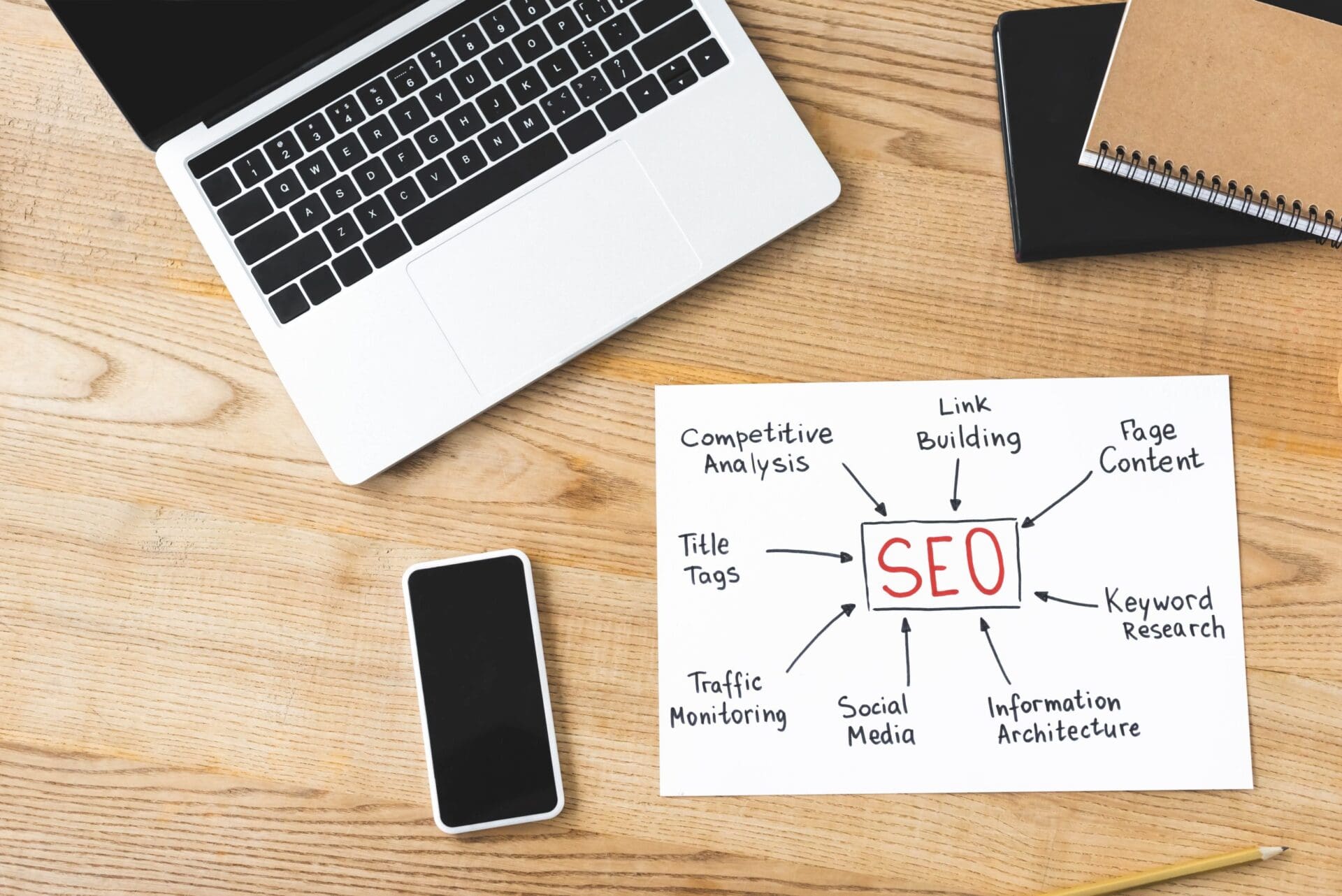
How To Increase Your Website’s Ranking
Search engine optimization is the process of optimizing web pages and their content to be easily discoverable by users searching for terms relevant to your website. By optimizing your website, it’ll rank better and allow you to get more organic traffic.
Here are some ways you can optimize your website’s SEO:
- Improve Your Page’s Load Time
- Publish Relevant, Timely Content
- Optimize Your Website for Mobile
Looking to optimize your website’s SEO? Contact Horton Group today to learn more about our services.
Improve Your Page’s Load Time
Are you missing out on potential leads and conversions? According to a 2019 study by Portent, a zero to four-second load time is the best for conversion rates. They also found that for eCommerce, the highest conversion rates occur with pages that have load times between zero and two seconds. If you want to check your website’s load time, you can easily do that using Google’s PageSpeed Insights. To increase your page’s load time, some things you can do includes:
Optimizing Images: Whether it’s an image carousel, blog header, or your website’s background image, the images you use can greatly slow down your website’s load time. As found by HTTP Archive, images make up, on average, 21% of a website’s total weight.
The three main image formats used on websites are JPEG, PNG, and GIF. For images with a lot of colors, you can use JPEG, PNGs are best for images with simple colors or transparent backgrounds, and GIF should only be used for animated images. Using a program like Photoshop, you can compress images without losing quality to decrease the file size and allow it to load more quickly.
Avoiding URL Redirects: Each time a page redirects to another page, it adds additional wait time as it completes the response cycle. To reduce redirects, you should regularly scan your website for old redirects, especially when switching hosting providers or changing large amounts of content.
Reducing Your Website’s Plugins: If you’re using a website host like WordPress, you can easily add a variety of plugins to your website to help with things like adding codes for conversions and improving user experience. However, too many plugins can slow down your site and potentially cause it to crash. Removing any that are outdated or not in use will help prevent these issues.
Publish Relevant, Timely Content
There’s a reason they say “content is king”. Aside from your page’s URL, title, and headings, content influences your page’s search engine rankings the most. Writing blogs with relevant keywords can help boost your search engine rankings as it indicates your site’s relevancy. Publishing relevant, timely content such as new studies in your field or upcoming trends will help increase your ability to reach potential customers.
When formatting your blogs, be sure to use headings (such as H1 and H2) to tell readers and search engines what the content is about. This improves readability and highlights key information. You can also use internal links within your blogs to send them to other relevant pages and increase how much time they spend on your website. As you create this content, be sure to always include a clear and consistent call to action.
Optimize Your Website for Mobile
According to a mobile vs. desktop study done in 2020 using the Google Analytics Benchmarking feature, mobile devices drove 61% of visits to websites in the U.S., up from 57% in 2019. Here are a few things to keep in mind when considering mobile users:
Responsive Design: When optimizing your website, you should opt for responsive web design. This allows for your website to adapt the size and organization of the content to the specific device it’s being used on.
Navigation Menu: Another way is by simplifying your navigation menu. Most often, you’ll see websites use a hamburger menu style as it takes up less space on the screen while still letting users easily click on the right tab.
Website Pop-Ups: If your website has pop-ups, not using the correct mobile formatting can cause a user to exit the page and miss vital information. For example, a form that directs users to join your newsletter may be cut off and not allow them to scroll and or reach the “submit” button. By accurately sizing your pop-ups and limiting the number of fields, you’ll see a higher completion rate and drive leads.
Ready to improve your website’s SEO? Contact Horton Group today for award-winning web design, SEO, web hosting, and more for your business!